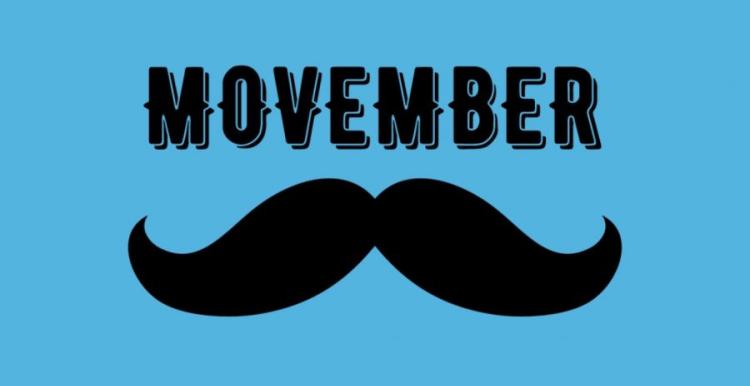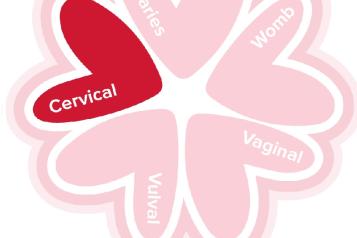Movember - Men's Health Action

Men's Mental Health
Even when things seem tough, there’s a lot people can do to look after ourselves and others. That’s why Movember provide information to help men cope and live happier, healthier, longer lives.
Give Support:
You can’t fix someone else’s problems, but you can be there for them. Sometimes listening is the most helpful thing you can do. You won’t make things worse by asking someone how they’re doing. Keep in mind that it’s always worth preparing yourself before you start the conversation.
Get Support:
If you're feeling low, overwhelmed or you're struggling in any way don't hesitate to reach out.
Support is available through different organisations, charities and the NHS.
Prostate Cancer
Prostate cancer is the most commonly diagnosed cancer in men in the UK. 1 in 8 men in the UK will be diagnosed with Prostate cancer in their lifetime.
Helping men know the signs, symptoms and risk factors for prostate cancer can mean earlier diagnosis and better quality of life. However, most men with early prostate cancer don’t have any signs or symptoms. That’s why it’s important to know about your risk.
Check your risk of prostate cancer
Possible symptoms include:
- difficulty starting to urinate or emptying your bladder
- a weak flow when you urinate
- a feeling that your bladder hasn’t emptied properly
- dribbling urine after you finish urinating
- needing to urinate more often than usual, especially at night
- a sudden need to urinate – you may sometimes leak urine before you get to the toilet.
Testicular cancer
Testicular cancer often affects young men and is the most common cancer among younger men. At greater than 95%, the odds of survival for men with testicular cancer are very good – but for some men, long-term treatment-related side effects, mean quality of life is severely compromised.
Testicular symptoms to look out for include:
The most common symptom of testicular cancer is a lump or swelling in your testicle.
- a lump or swelling in part of one testicle
- a testicle that gets bigger
- a heavy scrotum
- discomfort or pain in your testicle or scrotum
Read more on testicular cancer
It is important to get any symptoms checked by a doctor. Try not to be embarrassed. Doctors are used to discussing intimate problems and will try to put you at ease.


